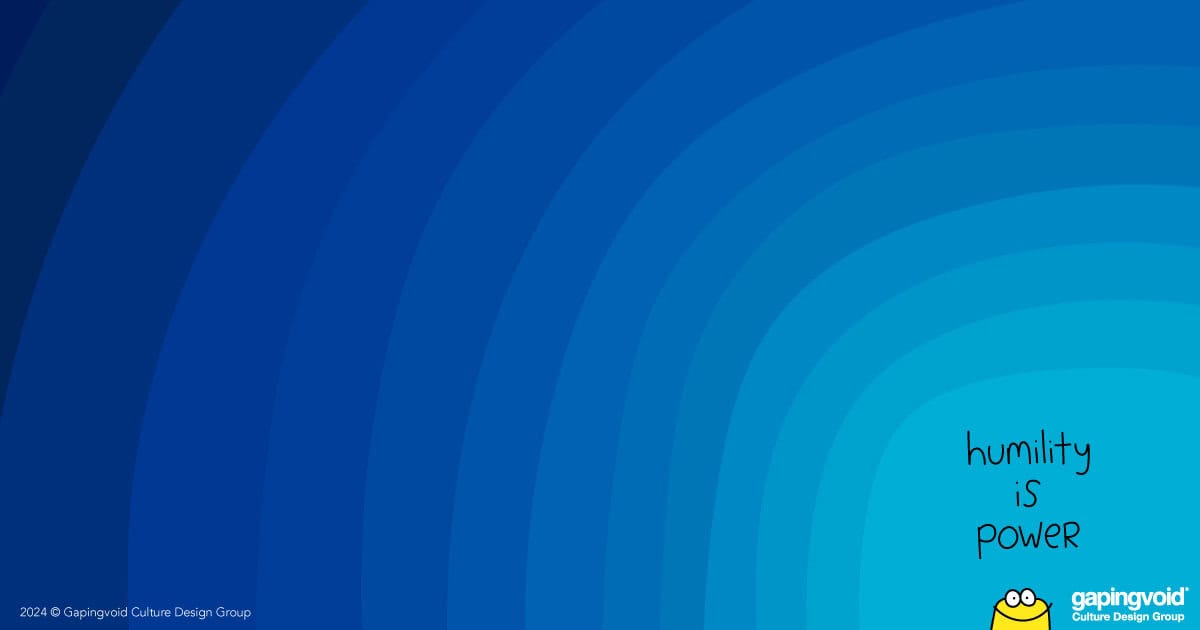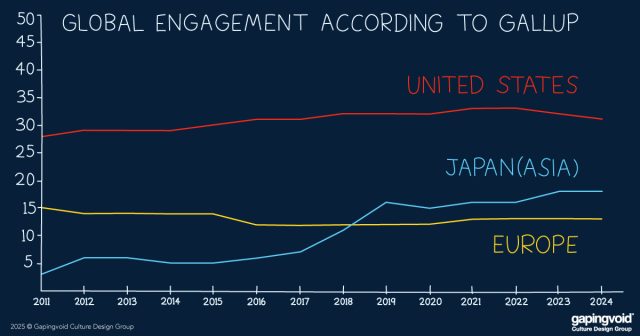
According to the very first story in Herodotus’ Histories (c. 440 BC, the oldest nonfiction book in the Western Canon), King Croesus was the richest man in the Greek world. So much so, that “As rich as Croesus” was a common phrase until relatively recently.
Croesus, naturally, thought he was pretty darn special. “Yay, Me!” on steroids.
One day, the famous philosopher, Solon, came to visit Croesus’ palace. On discussing the subject of happiness, Croesus asked Solon, who he thought the happiest person in the world was, fully expecting him to answer “Why, you, sire, of course”, on account of all that good fortune.
But he didn’t. Instead he mentioned a normal, middle class guy who had a small farm, a lovely family, lots of friends, and was beloved by the townspeople. So much so that when he died, a huge crowd attended his funeral. Disgusted and annoyed by the answer, Croesus sends Solon away.
A few years later, wanting to be a legendary war hero to enhance his reputation, Croesus decides to invade the large, neighboring Persia. Needless to say, it goes horribly wrong. His army is crushed by the Persian King, Cyrus The Great, and Croesus loses everything, literally becoming Cyrus’ personal slave. Not a happy ending.
The reality is success and power are seductive. It tells us we’ve figured it out, we’re special, we’re immune to failure. But there’s a reason the oldest, most enduring non-fiction story in our Western tradition is a warning about the dangers of hubris.
Success is a moment, not a guarantee. Not to mention it doesn’t always equate to happiness. That’s why the Greeks argued fulfillment and happiness (what they called Olbios) can’t be measured until AFTER a person’s life is over. It’s impossible to measure a person’s true “Olbios,” until the story has actually ended.
This is a good thing to remember, the next time we’re turning green with envy while reading about some rockstar billionaire or comparing ourselves to our competitors who seem to have it all figured out.
Humility is power. The race isn’t won until the finish line and that line is always moving. Just ask Croesus.



